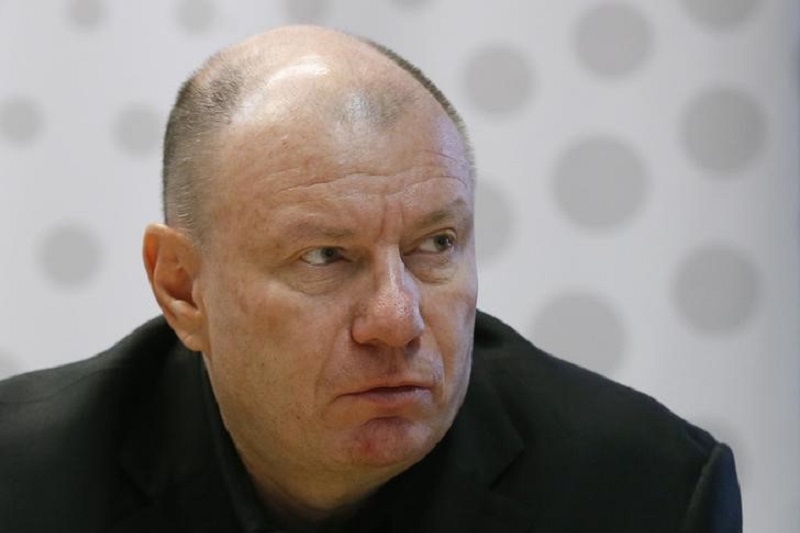By Geoffrey Smith
Investing.com -- Prices of platinum group metals and nickel rose in London on Wednesday after the U.K. placed Vladimir Potanin, the chief executive and principal shareholder of Russian mining giant Norilsk Nickel, on its sanctions list.
Nickel and Palladium both rose around 6% initially in response to the news, before paring gains. By 10:20 AM ET (1420 GMT), palladium futures on the London Metals Exchange were up 4.5%, while Platinum futures were up 0.5%. Nickel futures were also up 2.3%. As such, the three metals in which Norilsk has the most significant global market share were all outperforming other base and industrial metals futures, most of which were trading lower on recession concerns.
The U.K. government had sanctioned most of the oligarchs identified as close to President Vladimir Putin's government immediately or soon after Russia's invasion of Ukraine in February. However, it had held off from sanctioning Potanin, apparently out of concern at the possible disruption to supplies of vital metal supplies to the world economy. Similar measures applied by the U.S. to Oleg Deripaska, the majority owner of aluminum giant Rusal and Potanin's co-shareholder in Norilsk, had caused extreme volatility in the aluminum market due to the inability of exchange warehouses to accept metal from Rusal.
Potanin owns 35% of Norilsk Nickel, which is the world's largest producer of nickel and palladium, accounting for 14% and 41% of global output respectively. It's also the world's third-largest producer of platinum, with a global output share of 10%. Any prohibition on Norilsk's output would thus significantly tighten the supply of vital metals for the world economy. Palladium and platinum are mainly used in catalytic convertors by the auto industry, while nickel is an essential component of stainless steel and electric vehicle batteries.
Potanin himself has been a big beneficiary of western sanctions on Russia, able to scoop up two of the country's largest privately-owned banks at distressed price levels. Potanin bought the Tinkoff financial group from its founder Oleg Tinkov after the latter left Russia denouncing the war, while his Interros holding company also agreed to buy back Rosbank - which it had previously owned wholly - from France's Societe Generale (OTC:SCGLY), when it decided it could no longer run the asset.
The measures announced by the U.K. government on Wednesday didn't mention his relationship with Norilsk, but focused rather on his ownership of Rosbank. However, it has been common this year for companies dealing with Russia to 'self-sanction' and spontaneously stop trading with companies that they believe would put them in legal jeopardy.
